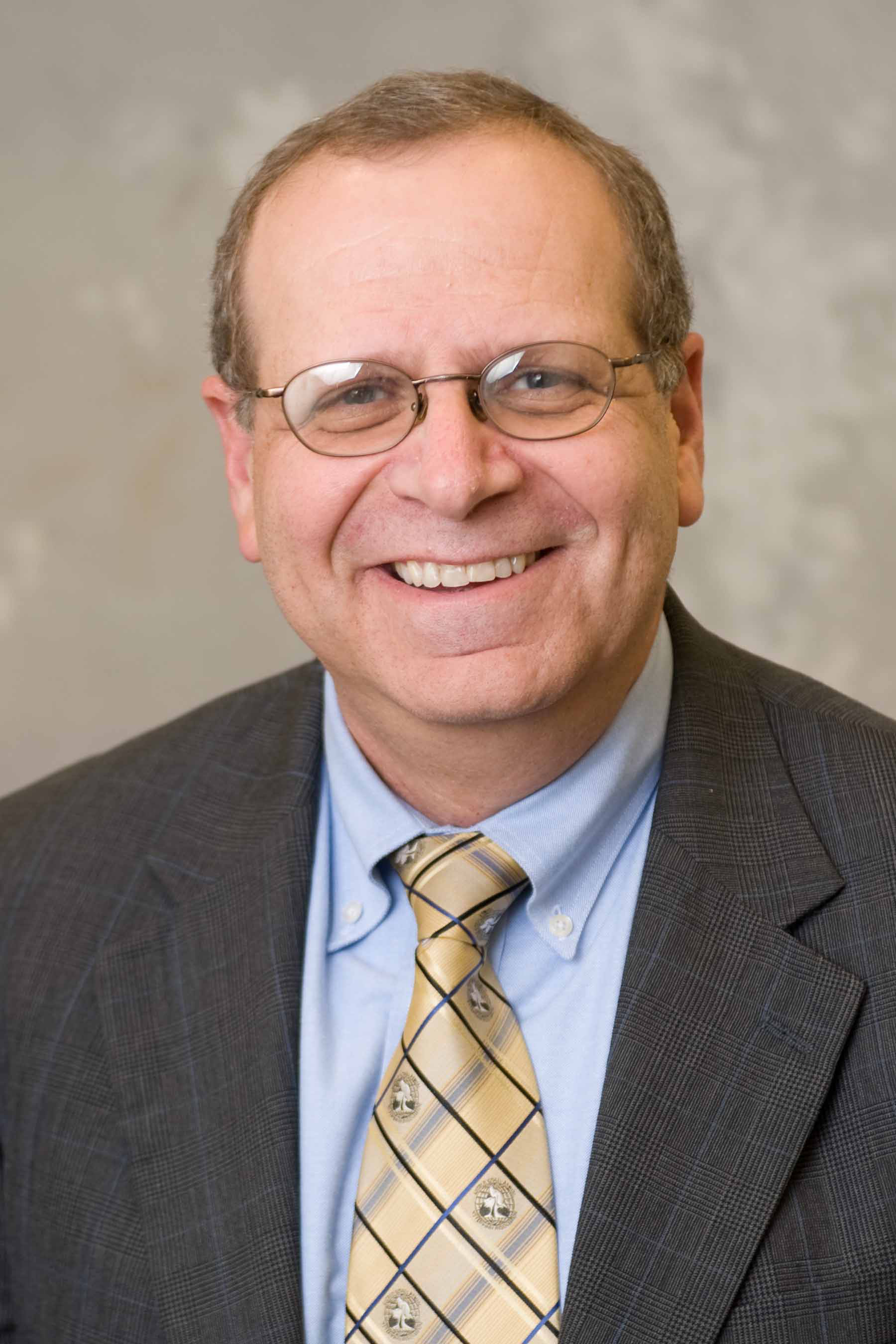Purdue, three U.S. universities form commercialization partnership with Russian institutions
WEST LAFAYETTE, Ind. - Purdue University and three other U.S. universities have announced a multiyear partnership aimed at strengthening efforts by Russian National Research Universities to commercialize their research and foster campus entrepreneurship.
In launching the Enhancing University Research and Entrepreneurial Capacity, or EURECA, program, Purdue will collaborate with the University of California-Los Angeles, University of Maryland and the University of Washington and a consortium of program operators, led and financed by the U.S. Russia Foundation for Economic Advancement and the Rule of Law.
The initiative, officially announced on Sept. 30, will be administered by a consortium of non-governmental organizations: the Russian-based New Eurasia Foundation and two U.S.-based non-governmental organizations, the American Councils for International Education and the National Council for East European and Eurasian Research.
Mark Pomar, president of the U.S. Russia Foundation, said the foundation plans to allocate $1.5 million to $2 million per year, with the potential to increase that to $2.5 million to fund projects as part of EURECA's two-year pilot stage. Funded projects between the Russian and U.S. universities are set to begin by 2011.
"Over the past two years, Russia has undertaken several critical steps in making the transition to a knowledge economy," said Dan Davidson, president of the American Councils for International Education. "The EURECA program launch marks a new era in U.S.-Russia relations by providing a new means for substantive collaboration to advance scientific, economic and social causes."
Timothy Sands, Purdue provost and executive vice president for academic affairs, said Purdue has demonstrated measurable success in launching companies based on university research, pointing to the Purdue Research Park and the university's large-scale interdisciplinary research efforts through Discovery Park and Purdue's academic units.
"The Purdue Research Park near campus, with more than 160 companies and 3,100 employees, is a model for how universities can lead the way in creating jobs and advancing local and regional economic development based on the commercialization of university research," Sands said.
"We think our Russian partners can benefit from the exposure to what we are doing at Purdue. We also believe our entrepreneurially minded faculty members, researchers and students will gain greatly from this global partnership with these leading national research universities in Russia."
Sands said initial projects through EURECA are expected to focus on ways to determine the value of university-led intellectual property, faculty and student exchanges, joint incubators and technology centers, venture capital participation in student startups, technology transfer certification programs, and incubation of professional tech-transfer associations.
Joining Sands in leading Purdue's efforts on the Russian partnership are Richard Buckius, vice president for research; Alan Rebar, senior associate vice president for research and director of Discovery Park; Arden Bement, director of the Global Policy Research Institute; and Greg Deason, vice president and executive director of the Purdue Research Park.
A Russian delegation will visit Purdue from Sunday through Tuesday (Oct. 10-12) to tour the university's research facilities, technology transfer offices and business incubators. Meetings also are planned with researchers, graduate students and faculty members to discuss potential collaborations.
"Purdue officials have been working with the Russia and U.S. partners in EURECA over the past year,” Rebar said. “We are excited now that the U.S.-Russia university partnership can begin to identify what projects will form the basis of the two-year pilot collaboration."
A new Russian federal law gave Russian universities control over their intellectual property in 2009, allowing for the creation of small companies on campuses. This action dovetails with the U.S. Bayh-Dole Act, signed into law in 1980.
Russia's Lobachevsky State University of Nizhny Novgorod and St. Petersburg Institute of Information Technology, Mechanics and Optics, were designated through a competitive bidding process as EURECA hubs. These two universities now are working to develop and disseminate best practices in technology transfer throughout Russia's broader research university community.
Additionally, the Ministry of Education and Science of the Russian Federation designated 29 universities as National Research Universities and allocated $52.1 million per university in 2009 as part of five-year program to advance commercialization efforts.
EURECA will utilize international experts to support sustainable, long-term U.S.-Russian university collaboration, Davidson said. The goal is for the intellectual property from the Russian research universities to transition to the market by the end of 2012.
Davidson said the two pilot programs led by Lobachevsky State University and St. Petersburg Institute will focus on the skills, knowledge and infrastructure needed to handle the critical tasks of:
* Conducting "technical audits" to determine the commercial potential of research results.
* Modernizing university research management.
* Engaging effectively with the business sector and government to bring innovations out of the university.
* Developing the legal framework and necessary legal instruments to secure registration and patenting of university intellectual property.
* Securing initial funding and venture capital to further develop products for market.
University representatives from Purdue, UCLA, Maryland and Washington will join five Russian research universities at an event to formally launch EURECA on Friday (Oct. 8) in Washington, D.C.
The participating Russian universities are Lobachevsky State University, St. Petersburg Institute of Information Technology along with the National University of Science and Technology, National Research Nuclear University and Bauman Moscow State Technical University.
That ceremony is kicking off with a series of collaborative partner sessions through Oct. 13 and will include visits to U.S. academic institutions, including Purdue. The first was Monday (Oct. 4) in New Jersey, where Russian participants attended a three-day "Essentials of Technology Transfer" course, a core training of the Association of University Technology Managers.
Writer: Phillip Fiorini, 765-496-3133, pfiorini@purdue.edu
Sources: Timothy Sands, 765 494-9709, tsands@purdue.edu
Masha Kruskal, EURECA senior program officer, 202-833-7522, ext. 125, mkruskal@americancouncils.org
Richard Buckius, 765-494-6209, rbuckius@purdue.edu
Alan Rebar, 765-496-6625, rebar@purdue.edu
Arden Bement, 765-496-6713, bement@purdue.edu
Greg Deason, 765-588-3363, gwdeason@purdue.edu


